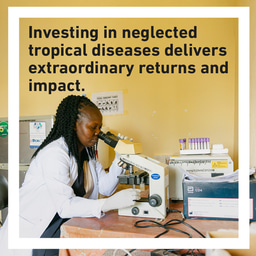Editor’s note: As we continue to invite bloggers out there in the wild to compose our monthly Blogroll column, Tom Branson penned the June 2014 column.
———-
What does it take to be a real scientist?
We read about the end results and look at the pretty graphs. But what was it actually like in the lab? The journey behind the data is often lost and the formal tone of a journal article cannot come close to conveying the love, suffering and fun that went into producing those results. However, bloggers and Twitter users are gradually breaking down that barrier and revealing a behind-the-scenes view of real chemistry.
A very open and engaging story of the work behind a Nature Materials article ($) was blogged by Sylvain Deville. ‘The Making of a Paper‘ takes us from the initial grant proposal, to the excitement of preliminary results and the pain of getting scooped. The Baran Lab also shares the stories behind their publications. Honestly stating “we had no idea we’d turn to electrochemistry” shows the success of an unexpected direction.
Elsewhere, the @RealScientists rotation-curation Twitter account continues to regale us with the daily activities of different scientists. Someone new is brought in each week to run the feed and showcase their own small slice of science. Previous curators include analytical and physical chemists and, at the time of writing, an evolutionary biologist has been delighting us all with the wonders of sex chromosomes.
It’s impossible to mention real science without talking about the Twitter phenomenon that is #RealTimeChem. This banner brings together chemists from all over the world and its creator, Dr Jay, is organizing the second annual RealTimeChem week. Your fellow chemists will be sharing more of their experiences and lab frivolity through blogs and tweets, and everyone can join in.
Written by Tom Branson, who blogs at http://chemicallycultured.blogspot.com.
———-
[As mentioned in this post, we’re posting the monthly blogroll column here on the Sceptical Chymist. This is the June 2014 article]




Please sign in or register for FREE
If you are a registered user on Research Communities by Springer Nature, please sign in